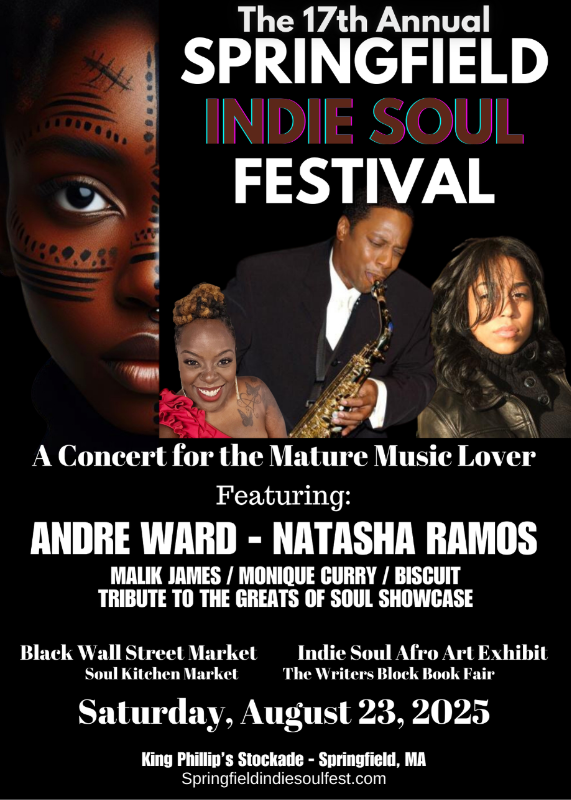Afrocentrism, also called Africentrism, cultural and political movement whose mainly African American adherents regard themselves and all other blacks as syncretic Africans and believe that their worldview should positively reflect traditional African values. The terms Afrocentrism, Afrocology, and Afrocentricity were coined in the 1980s by the African American scholar and activist Molefi Asante.
Beliefs
Afrocentrism argues that for centuries Africans and other nonwhites have been dominated, through slavery and colonization, by Europeans, and that European culture is at best irrelevant—and at worst diametrically opposed—to efforts by non-Europeans to achieve self-determination. For this reason, according to Afrocentrism, people of African descent need to develop an appreciation of the achievements of traditional African civilizations; indeed, they need to articulate their own history and their own system of values.
According to Afrocentrism, African history and culture began in ancient Egypt, which was the birthplace of world civilization. Egypt presided over a unified black Africa until its ideas and technologies were stolen and its record of accomplishments obscured by Europeans.
Afrocentrists assert that traditional African culture contrasts with European culture in being more informed by its history (“circular” rather than “linear”); more cooperative; more intuitive; and more closely integrated with the spiritual world of gods and ghosts. Renewed attention to this culture, they argue, can benefit African Americans psychologically by reminding them that their own culture, which was long devalued by Americans of European descent, has a rich and ancient heritage. In addition to emphasizing the past, Afrocentrism encourages the preservation and elevation of contemporary African American culture as manifested in language, cuisine, music, dance, and clothing.
History: Afrocentrism was influenced by several earlier black nationalist movements, including Ethiopianism and Pan-Africanism. The latter became a major presence in the United States and elsewhere with the emergence of the Jamaican activist Marcus Garvey, who promoted the idea of an African diaspora and called for a separate African state for black Americans. Garvey’s bitter enemy, W.E.B. Du Bois, who helped to found the integration-focused National Association for the Advancement of Colored People) in 1909, was also interested in Pan-Africanism and organized world conferences on the subject from 1919 to 1927.
Other antecedents included the Negritude literary movement, launched in France in the 1930s by Francophone African intellectuals such as Léopold Senghor, and the Nation of Islam, whose leaders—including Elijah Muhammad and Malcolm X—preached not only the need for a black homeland but also the cultural and genetic development of blacks.
Equally important to Afrocentrism were figures such as the African American scholar Maulana Karenga, whose work resulted in the creation of the Afrocentric holiday of Kwanzaa in 1966; the Senegalese scientist Cheikh Anta Diop, who wrote about the cultural unity of Africa, the African nature of Egyptian civilization, and the “theft” of African civilization by Europeans; and the African American historian Carter G. Woodson, who emphasized the teaching of African history as a way of counteracting feelings of inferiority inculcated in black Americans through centuries of subordination by whites.
Afrocentrism gained significant legitimacy in the United States in the 1960s as a result of the civil rights movement, the multicultural movement, and the immigration of large numbers of non-whites.
It’s following increased dramatically during the 1980s when many African Americans felt alienated from the “conservative revolution” of President Ronald Reagan but were simultaneously attracted by the conservatives’ call for a return to traditional values. The Afrocentrists’ complicated reaction to the conservative revival both reflected and reinforced conservative elements in Afrocentric thinking.





